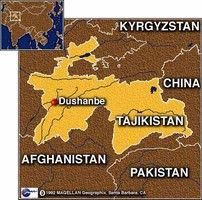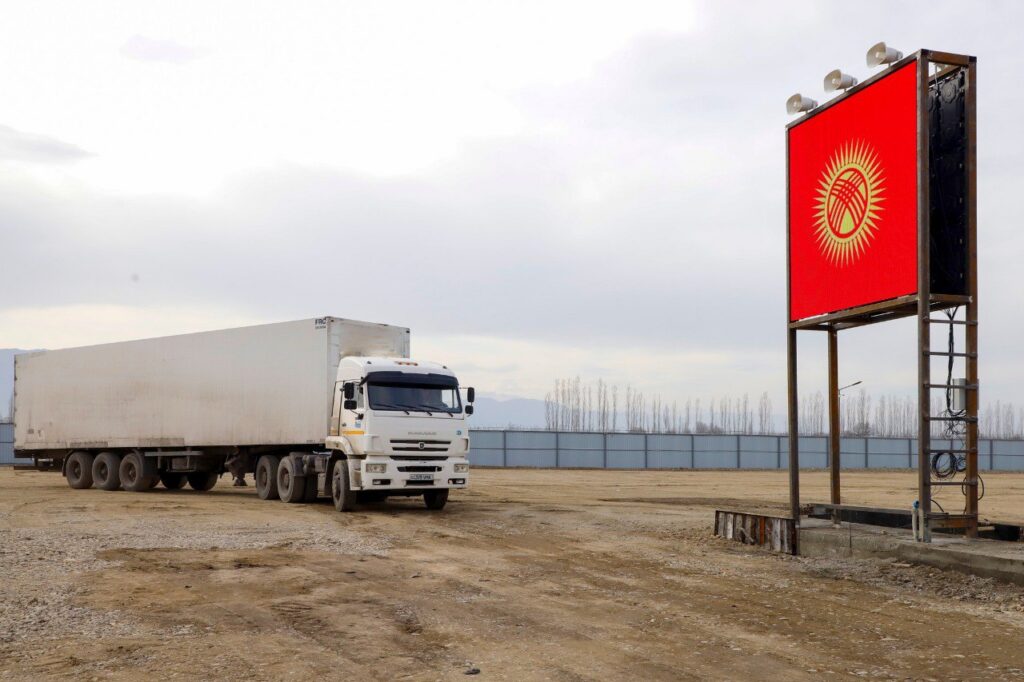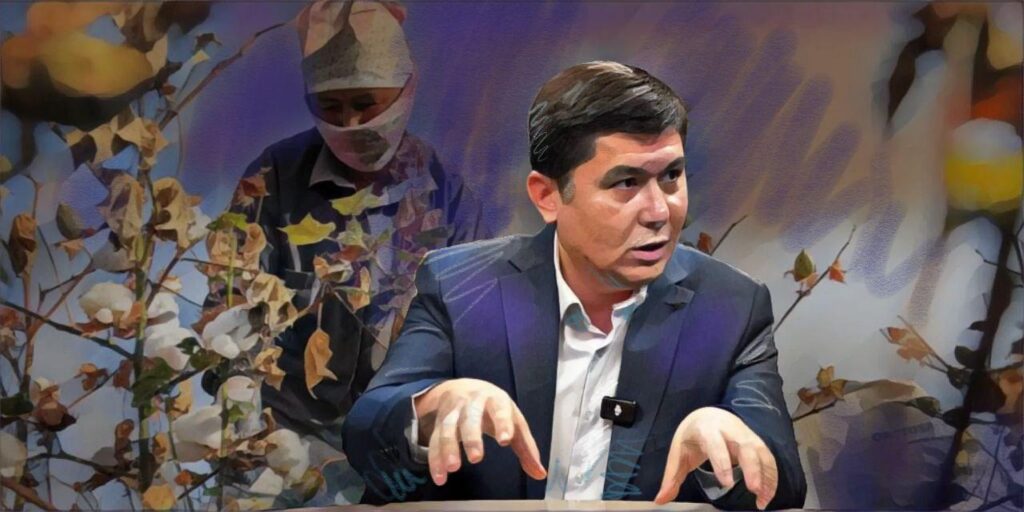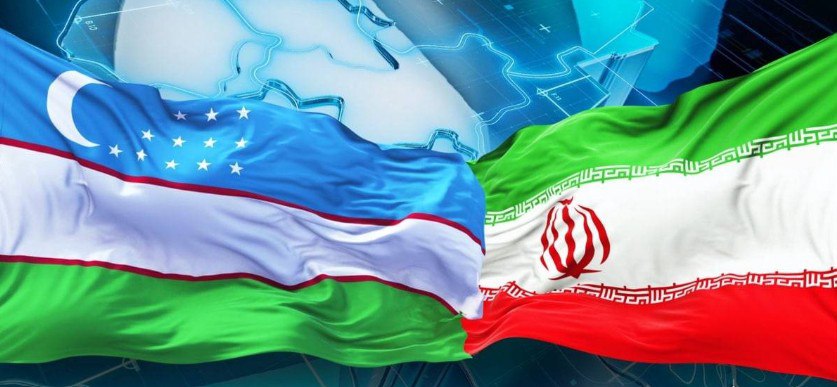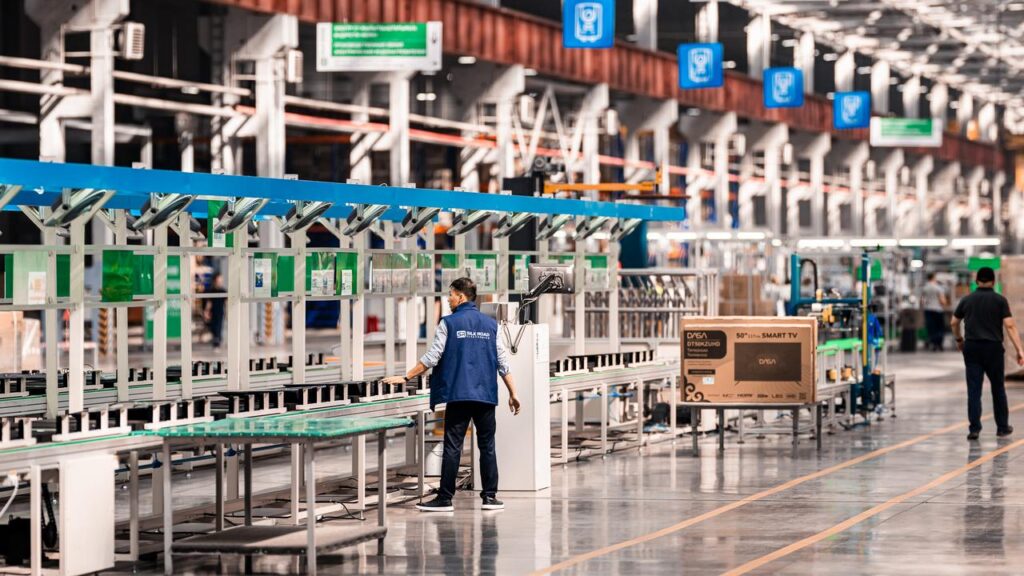DUSHANBE (TCA) — The National Development Strategy of Tajikistan for the period until 2030 aims to turn Tajikistan from an agrarian-industrial into industrial-agrarian nation, Farida Muminova, deputy director of the Center of Strategic Studies under the President of Tajikistan, told journalists on July 11, Avesta news agency reported.
In her words, agriculture currently accounts for 23-25 percent of the country’s GDP while industry accounts for as little as 12 percent.
“There are plans to increase industrial production and output of competitive products both for the domestic market and for export. The Strategy focuses on construction, personnel training, and investment attraction,” Muminova said.
According to Tajikistan’s Ministry of Economic Development and Trade, the Strategy continues to pursue three national goals — achieving energy and food security and overcoming the country’s communication deadlock.
In the future, these goals will see a transformation by switching from achieving energy independence to efficient use of energy, from overcoming the communication deadlock to becoming a transit nation, and from achieving food security to provision of the population’s access to quality foods.
At the meeting of the National Development Council under the President of Tajikistan in June, President Emomali Rakhmon said that by 2030, Tajikistan will increase its annual electricity generation capacity from today’s 17 billion up to 45 billion kilowatt-hours and change the country’s export structure in favor of finished products instead of raw materials.
It was also pointed out that the poverty rate in Tajikistan fell from 53 to 31 percent in the period 2007-2015.
